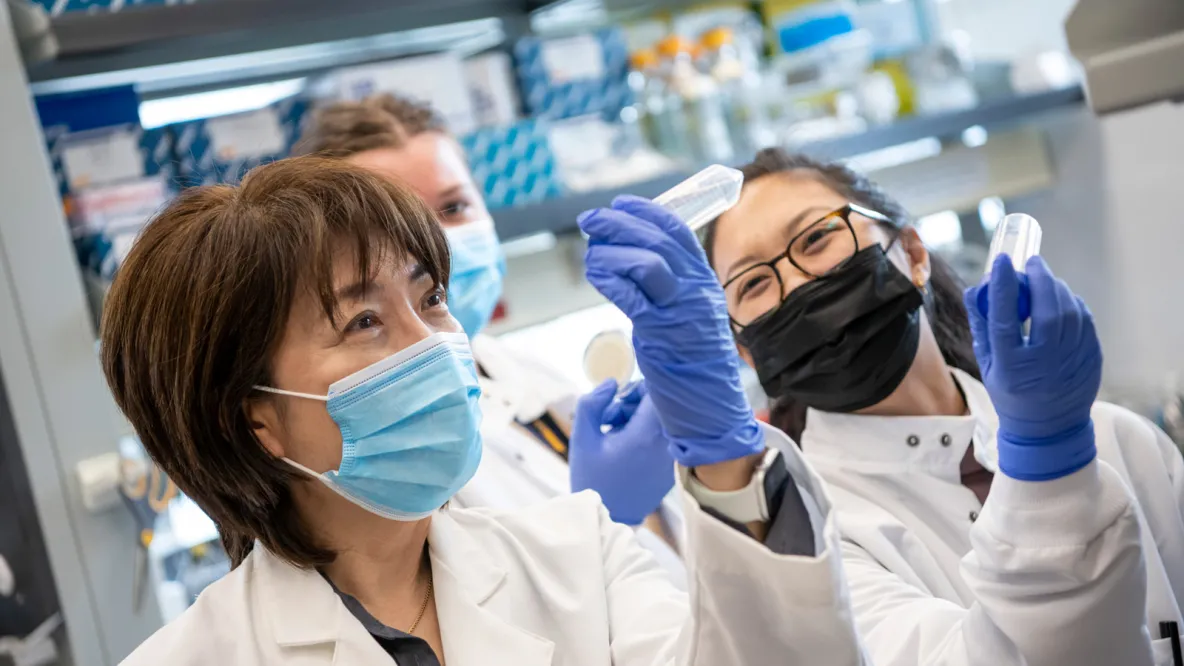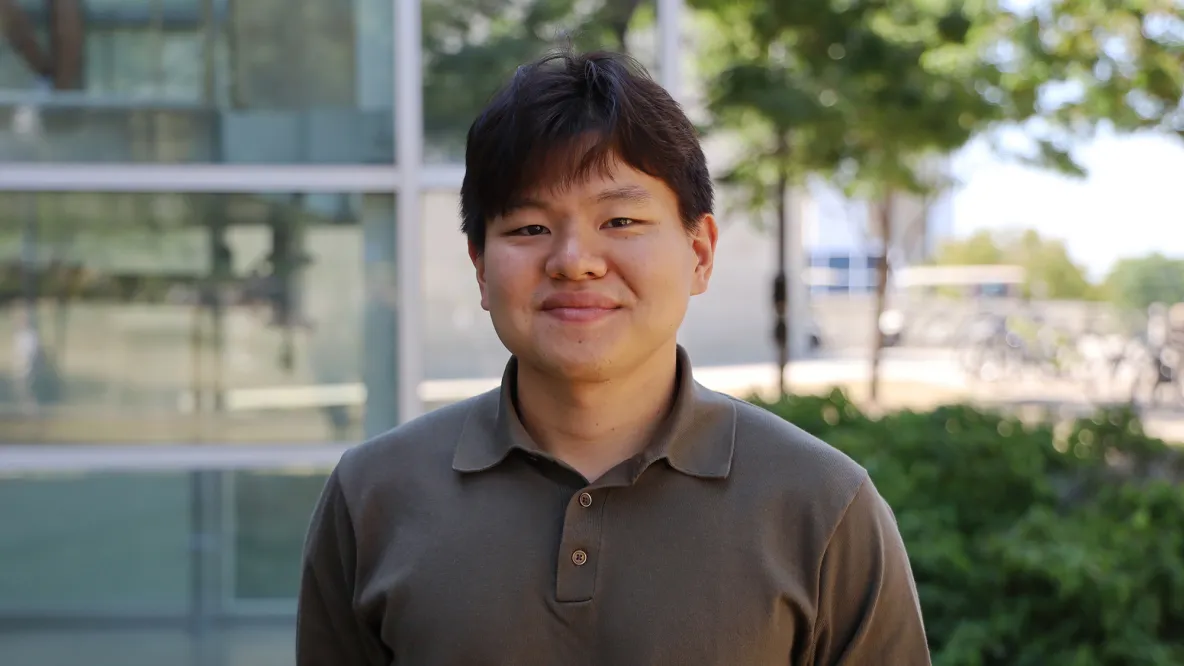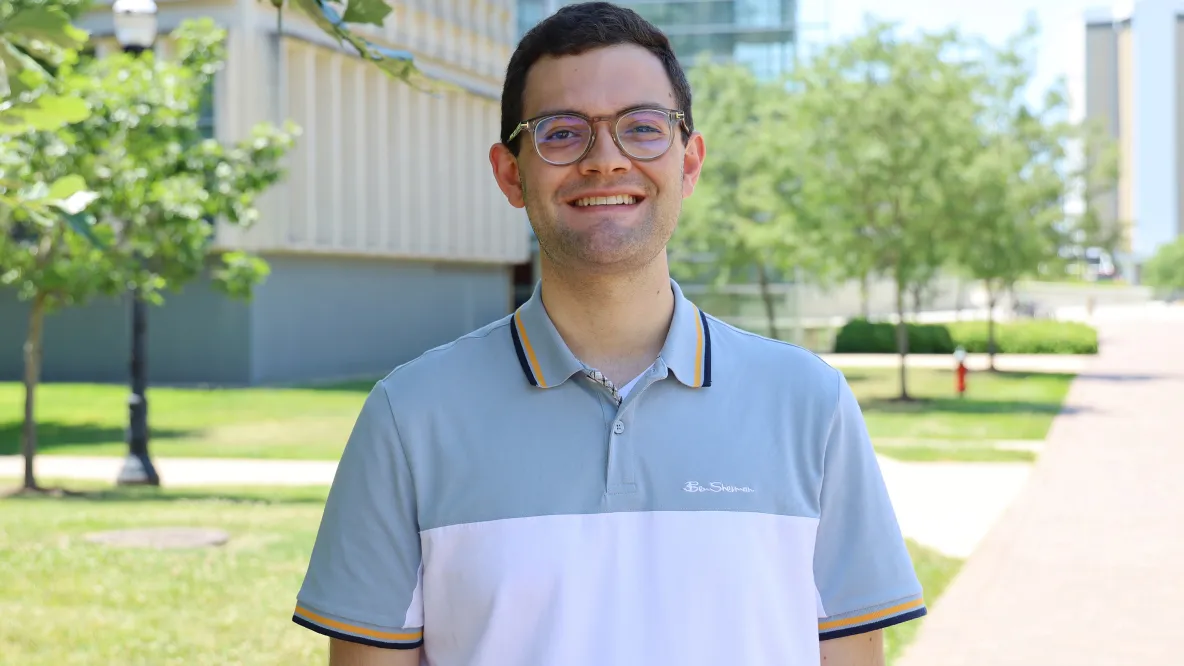
Environmental Health Sciences
The Division of Environmental Health Sciences teaches, researches, advocates and works collaboratively and cooperatively with scientific and community partners to advance environmental public health practices.
Our faculty engages, trains and mentors the next generation of environmental health scientists and environmental public health practitioners. These public health experts go on to careers focused on identifying, preventing and mitigating human and animal exposures to and diseases caused by harmful chemical, microbiological and physical stressors in the environment.
Academic programs
-
PhD Environmental Public Health
Develop your research expertise as you learn and understand the intersection between public health and the environment, and the multidisciplinary approaches needed to make an impact.
-
MPH Environmental Health Sciences
Develop the knowledge and skills to identify and limit human exposure to hazards in the environment.
-
MS Environmental Public Health
Gain greater understanding of the connections between human health and the environment including epidemiology, toxicology and global health.
-
BSPH Environmental Public Health
An interdisciplinary specialization for students who have an interest in both the environment and health, how environments impact health and a desire to find solutions to the challenges of environmental effects on the health of communities.
-
Occupational Safety and Health Graduate Certificate
An interdisciplinary offering with the College of Engineering, learn how to identify, evaluate and control hazardous situations and exposures that may impact workers and the community.
-
Global One Health Graduate Certificate
To more efficiently and effectively achieve the best health outcomes for people, animals and the environment, develop your expertise in the surveillance, prevention, mitigation and intervention strategies that promote a healthy world.
-
Environmental Public Health Risk Assessment Graduate Certificate
Gain the knowledge and skills applicable to exposure hazard assessment and disease risk assessments involving environmental and occupational toxic chemical and infectious microbial agents.
-
Occupational Safety and Health Graduate Minor
Current graduate students can pursue this interdisciplinary offering with the College of Engineering to learn how to identify, evaluate and control hazardous situations and exposures that may impact workers and the community.
Research expertise
 Environmental and occupational health monitoring, assessment and modeling
Environmental and occupational health monitoring, assessment and modeling
 Infectious and toxic-based disease risk assessment
Infectious and toxic-based disease risk assessment
 Water and wastewater surveillance
Water and wastewater surveillance
 Food safety
Food safety
 Air quality surveillance
Air quality surveillance
 Toxicology and epigenetics
Toxicology and epigenetics
 Human exposure and disease biomarkers
Human exposure and disease biomarkers
 Environmental justice
Environmental justice
 Environmental analytical chemistry
Environmental analytical chemistry
 Community and environmental epidemiology
Community and environmental epidemiology
Interdisciplinary partnerships
Division faculty collaborate with experts across Ohio State and those at local, state, national and international organizations to address population-based environmental public health issues. At the university alone, our partners include:
- The James Comprehensive Cancer Center
- Global One Health initiative
- Global Water Institute
- Infectious Diseases Institute
- Sustainability Institute
- Food and Agricultural Transformation
- Translational Data Analytics Institute
Student experience

Minseung Kim explores relationship between microbes, the environment, human health

Samir Atai aims to bring population health focus to career in medicine

Angela Falconi combines passions for health care, policy
Division faculty

“Our faculty and students are uniquely positioned to tackle the profound global challenges posed by environmental contaminants and stressors, including climate change, which threaten public health. Our faculty engage in high-impact and diverse research — from laboratory- and field-based environmental health science to broader big-data-driven and translational sciences. This research recognizes the global environmental burdens that impact people and ecosystems worldwide. We are deeply committed to applying the principles and practices of environmental health to a "One Health" approach to teaching, research and practice. Now more than ever, environmental health researchers and practitioners are needed to address a myriad of environmental challenges that pose health threats in workplaces and communities.”

Latest news

Could living near water mean you’ll live longer?

Monitoring approach could help snuff out Legionella outbreaks

 Career paths
Career paths


